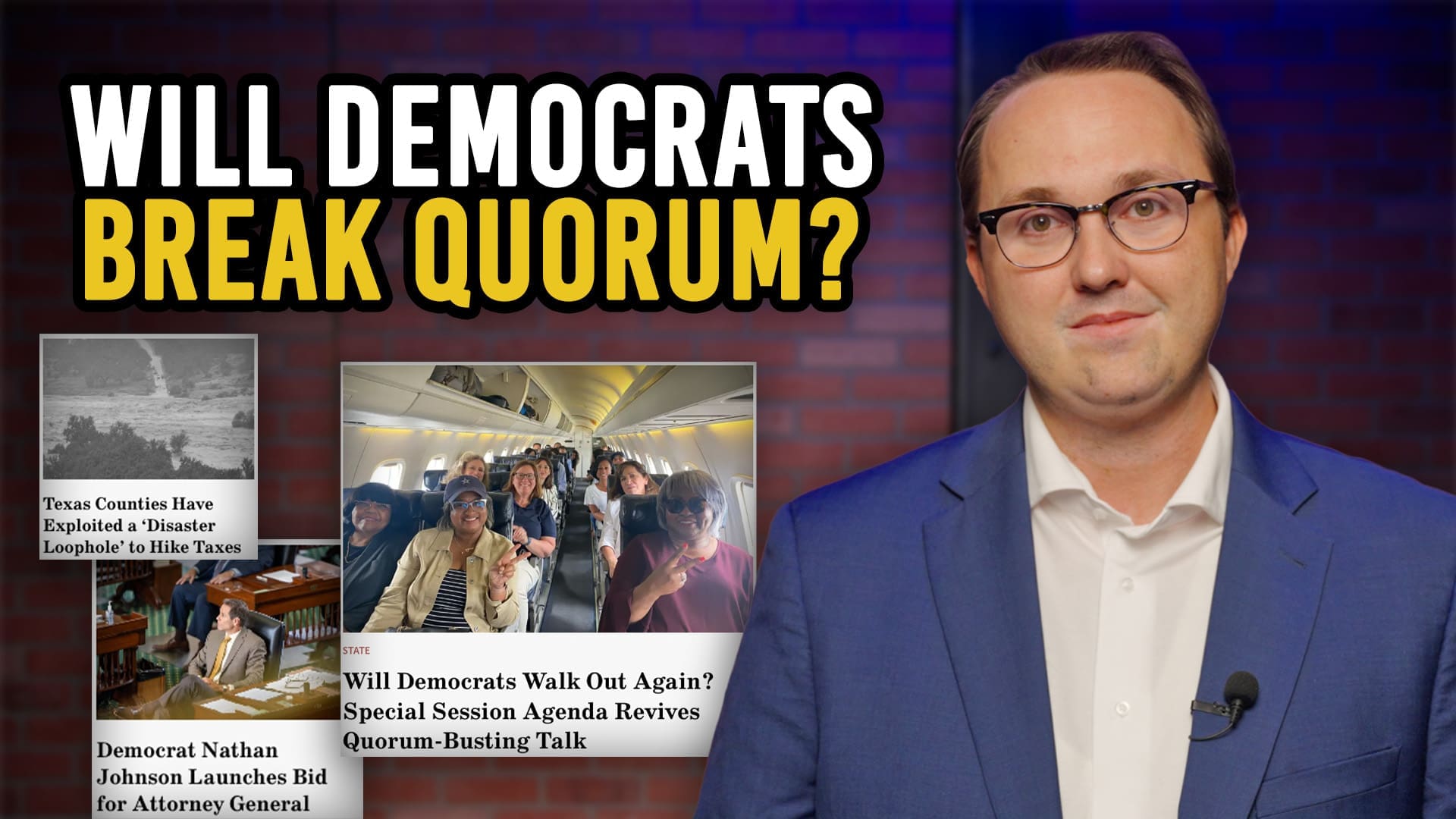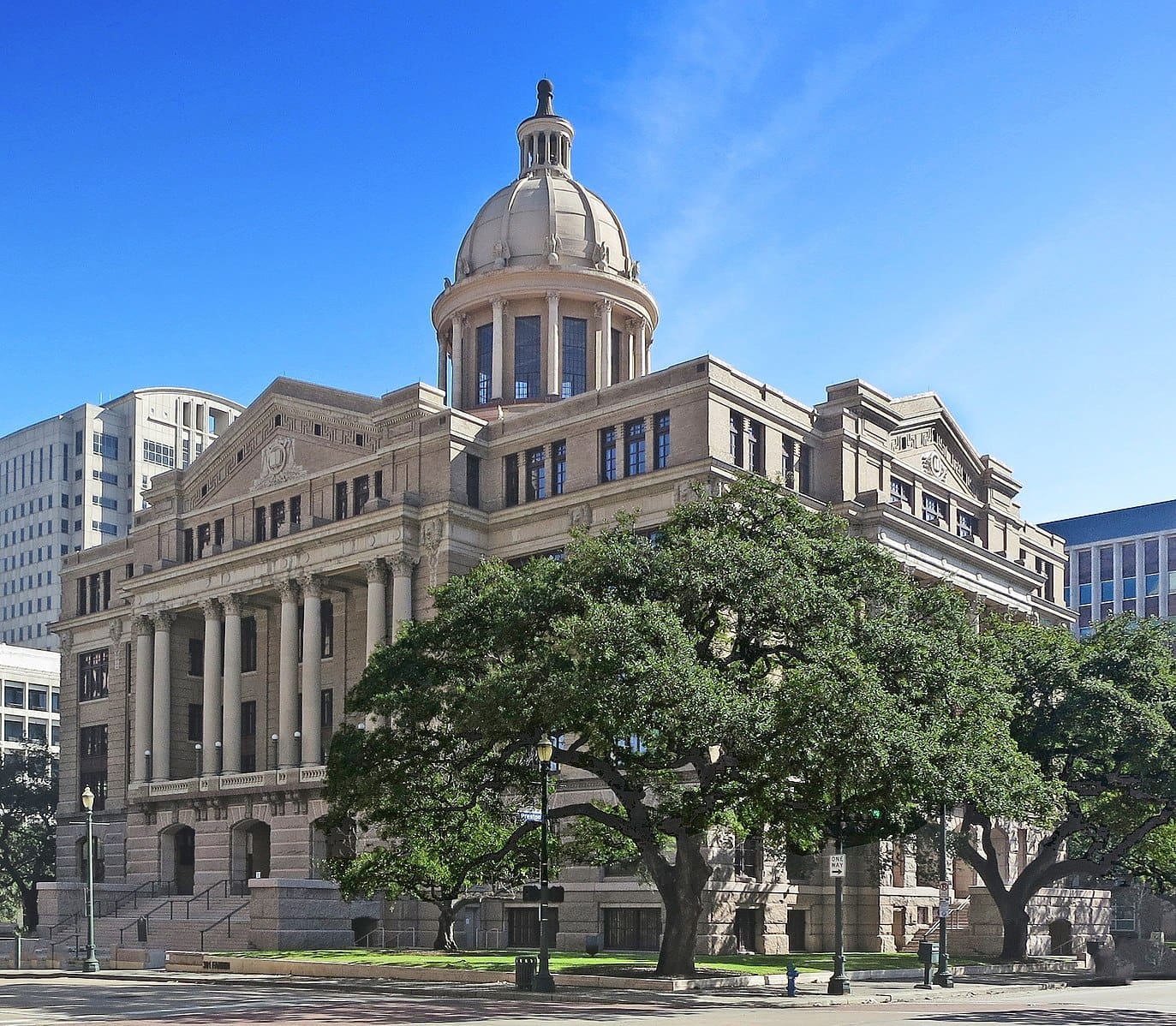Texas’ Big Freeze power outages of 2021 continue to spur investigation and media stories. But often, even when getting it right, media folk miss the underlying lessons.
The Austin American-Statesman ran a major investigative story about the reliability of the ERCOT electric grid’s “black start” generators, in which it reported: “Texans pay these power companies and electric utilities millions of dollars each year to ensure that those units are the electrical source of last resort in the face of a statewide blackout.”
The focus of the story was that in the Big Freeze, six of 13 contracted black start power plants failed during the disastrous days of February.
Black start sites are the generators that restart a grid, or part of a grid, if power fully fails. Utilities compete and bid for status as a black start plant on multiple year contracts and, in-turn for much higher readiness and more oversight and testing, are paid substantial money by ratepayers through ERCOT, the Electric Reliability Council of Texas.
What I found most interesting about the Statesman’s piece—headlined “Statesman Exclusive: Texans pay millions for units that can restart power grid, but some went out during freeze”—was that it contained lessons not recognized by those who have called for more oversight, or regulation, from the state and have claimed more money for regulators or generators is the answer.
Through the Statesman’s report we learned that more money didn’t prevent failures, nor did higher testing standards and regulation. Even more telling was that not-for-profit, or government, generators performed badly.
“In the case of the six black start contract holders that had power plants shut down during the crisis — Austin Energy, CPS Energy, Denton Municipal Electric, NRG Texas Power and the South Texas Electric Cooperative — none will have their compensation cut for those outages. Because the grid never fully shut down and ERCOT never placed an official call for a black start and help reactivating the grid, none violated their contracts,” the story reported.
Of those five firms with six black start plants, NRG Texas Power is the only for-profit private sector firm. It has two black start plants, both of which experienced problems. The others are municipal government utilities and one rural electric cooperative.
“To maintain such a program [for black start,] ERCOT holds these power plants to the highest standards. They are regularly tested. They meet more stringent standards for redundancy. Some have backup fuel supplies on site,” the Statesman reported. “In total, Texas energy consumers are set to pay $13.7 million over two years to black start participants.”
What we learned is that black start plants get millions in additional money, have much higher regulatory and testing standards, and six of 13 black start sites still failed. Of those six that failed (about 46 percent of all black start sites), only one was a for-profit private sector generator.
One can extrapolate from this example that those who claim the solution to a problem is always more money or more government regulation—or worse, those who claim that a profit motive is the cause for shortcuts on maintenance and similar—are demonstrably wrong.
Some of each, money and regulation, may be needed; but in general in February, it was not greedy for-profit generators who pocketed ratepayer money for an obligation upon which they would not be able to deliver, as much as it was local government-owned and government-managed utilities. The public sector did not outperform the private sector. Add to the generating performance that the grid managers (ERCOT, in this case) and the Public Utility Commission are in the public sector and took many of the most questionable decisions, and it looks even worse for those who claim we need more government and less profit motive in utilities.
This is a commentary published with the author’s permission. If you wish to submit a commentary to Texas Scorecard, please submit your article to submission@texasscorecard.com.





